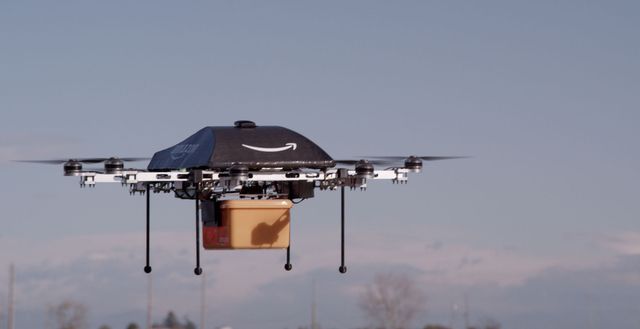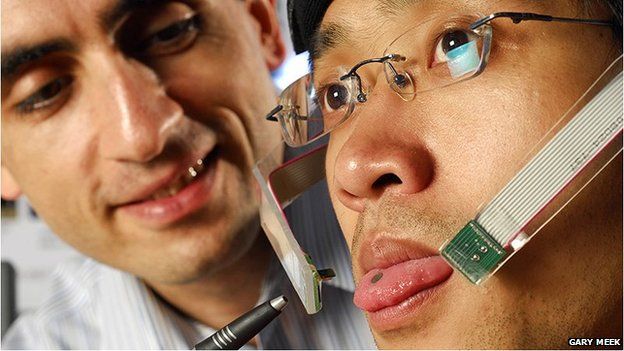Dec 4, 2013
Congress members push privacy bills in response to Amazon delivery drones
Posted by Seb in categories: drones, ethics, government, law, policy, privacy
Will drones give you better shopping recommendations by watching your house?
By Adi Robertson on

Since Jeff Bezos announced Amazon’s hypothetical delivery-by-octocopter service earlier this week, its drones have become a point of focus for existing debates over privacy, regulation, and “disruptive” technology. The plan has given a sense of urgency to questions about widespread governmental and commercial drone use, and a new hook for members of Congress trying to answer those questions through legislation. Yesterday, Rep. Ted Poe (R-TX) became the second member of Congress to raise the specter of Amazon Prime Air to support an anti-surveillance bill, giving a sometimes colorful account of how the drones could change our future.
Continue reading “Congress members push privacy bills in response to Amazon delivery drones” »













